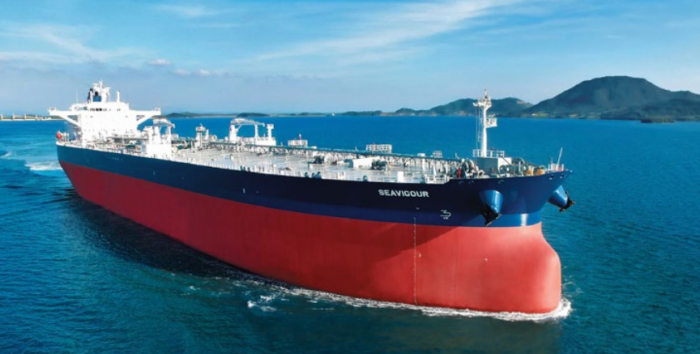In April 2018, the IMO MEPC 72 re-confirmed that the sulphur cap will definitely go ahead in 2020 as scheduled, despite continuing questions as to whether sufficient quantities of compliant fuel will be available in every port worldwide. Ahead of this development, ICS describes the pressing issues that need to be addressed before the regulation comes into force.
Although it is impossible to predict what will happen in 2020, there seems to be an agreement within the bunker industry that enough quantities of compliant fuels will probably be available, albeit at a high price.
[smlsubform prepend=”GET THE SAFETY4SEA IN YOUR INBOX!” showname=false emailtxt=”” emailholder=”Enter your email address” showsubmit=true submittxt=”Submit” jsthanks=false thankyou=”Thank you for subscribing to our mailing list”]
However, while the industry is committed to full and immediate implementation, there could possibly be an initial period of ‘teething problems’ when compliant fuel might not always be available in every port until it can be shipped in from elsewhere.
ICS sheds light on issues that might arise ahead of the 2020 sulphur cap, which are the following:
- Preparatory and transitional issues that may arise with the shift from the 3.5% sulphur limit to the new 0.5% limit.
- Impact on fuel and machinery systems resulting from the use of fuel oils with a 0.5% sulphur limit.
- Verification issues and control mechanisms and actions that are necessary to ensure compliance and consistent implementation.
- Development of a standard format for reporting fuel oil non-availability that may be used to provide evidence if a ship is unable to obtain complaint fuel oil.
- Development of guidance to assist Member States and stakeholders in assessing the sulphur content of fuel oil delivered for use on board ship, based
on the means available for verification that fuels supplied to ships meet the specified sulphur limit as stated on the bunker delivery note. - Requesting ISO to consider the framework of ISO 8217 to maintain consistency between the relevant ISO standards on marine fuels and the implementation of the sulphur cap.
- Any consequential regulatory amendments and/or guidelines necessary to address emerging issues.
See more in the PDF herebelow































































